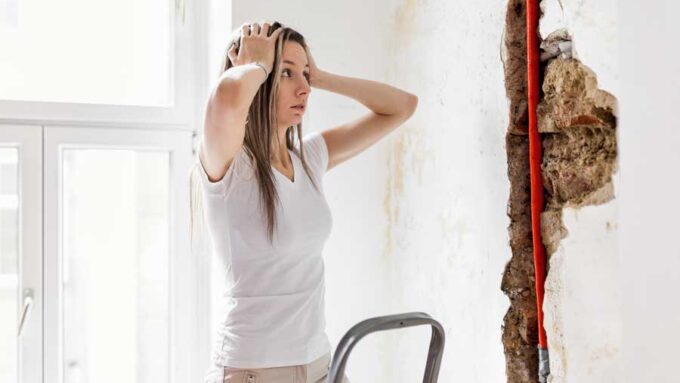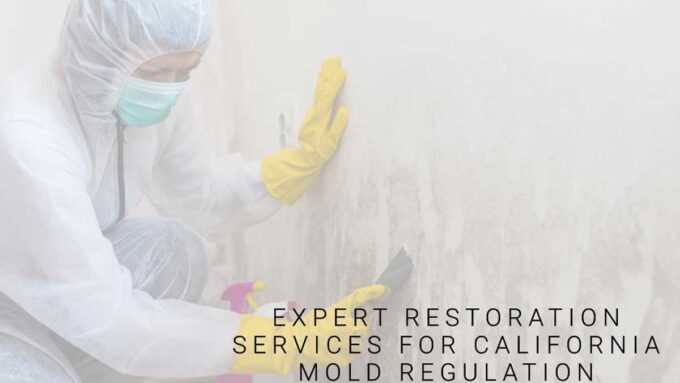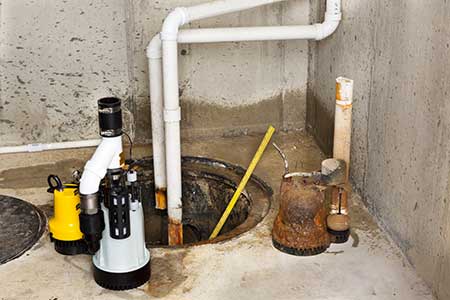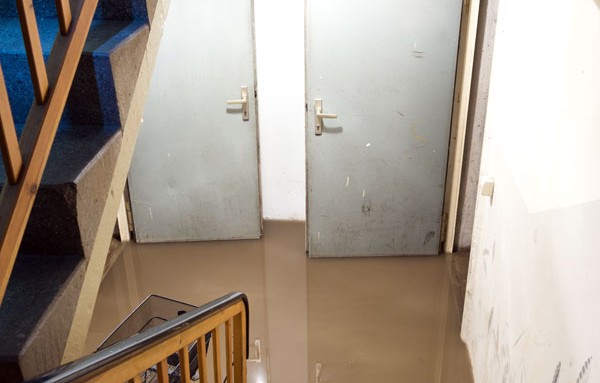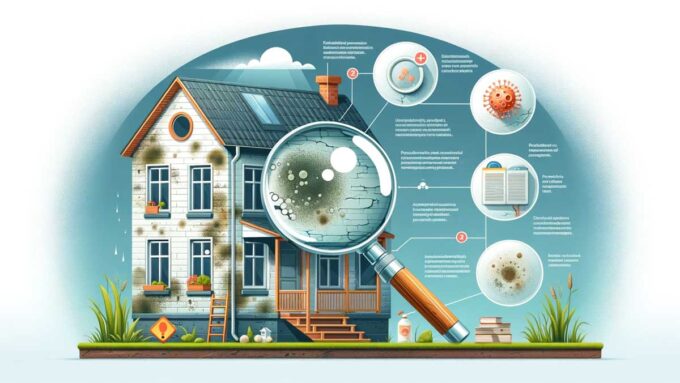More than likely, you’ve experienced mood swings during an illness. When you don’t feel good, you’re not feeling your best either physically or emotionally.
Usually, it’s understood that if you aren’t feeling 100%, it’s temporary and your mood will get better as soon as you feel better physically.
But what if you are suffering from chronic emotional mood swings or issues and you’re not sure why?
It’s possible that exposure to toxic mold may be playing a part for a downturn in your emotional well-being.
Mold Toxicity Symptoms
You are probably familiar with some of the physical symptoms of mold exposure like watery eyes, a sore throat, sneezing and trouble breathing.
Along with the physical symptoms, exposure to toxic mold may also cause changes that affect your emotional well-being, too.
Symptoms from mold exposure vary by individual and the symptoms are just as unique as the person.
Here are some of the ways toxic mold can negatively affect your emotional well-being:
- Mood Swings
- Memory fog, focus, confusion
- Insomnia, chronic fatigue
- Anxiety
- Depression
Because other chronic conditions have similar symptoms, you should see a medical professional for a complete physical to rule out other serious illnesses.
Since mold produces spores which contain microscopic mycotoxins and when inhaled, not only cause obvious physical symptoms, but emotional/mental health symptoms as well.
Testing for Toxic Mold Exposure
At this time, how mold spores and mycotoxins affect the central nervous system and emotional health is extremely hard to determine. Individual symptoms and reactions to mold exposure can range from mild to severe and are varied.
Although there are no medical procedures to test specifically for toxic mold exposure, you are at higher risk if you have allergies, asthma, other respiratory conditions or suffer from a compromised immune system.
If you see visible mold or smell mold, you’ve more than likely been exposed. From there, you may be suffering from the effects of breathing in mold spores and mycotoxins over time.
Some potential testing for mold exposure include:
- Allergy test specifically for mold.
- Blood test showing an elevated count of antibodies.
- Skin prick test in which a doctor pricks the skin, exposes the skin to allergens and watches for a reaction like a rash, hives or bumps.
Staying Healthy
If you can’t shake your symptoms or wonder if mold may be partly responsible for mood swings and a noticeable, unexplained difference in your emotional health, see a doctor for a thorough medical checkup. Explain your symptoms and how they may be related to toxic mold exposure.
If you suspect mold is the problem or making you feel worse, take steps to eliminate your exposure. Cleaning up mold before it spreads and grows is important especially if you live a humid climate or notice damp areas in your home.
- Wear protective gloves and a face mask.
- Turn off the furnace or air conditioner to prevent the spread of airborne mold spores while cleaning.
- Clean with either undiluted white vinegar, hydrogen peroxide or a commercial mold & mildew cleaner.
- Saturate the moldy area with the cleaning solution to stabilize spores and prevent them from reaching other areas of your home.
- Let the cleaning solution sit for 10-15 minutes to soak into the active mold.
- Scrub the area with a brush until mold is removed, rinse and let air dry. You may need more than one application to completely remove the mold from showers and walls, so repeat as necessary.
- Fix leaking pipes or water leaking from faucets, toilets, dishwashers, washing machines or any other area where a water leak is possible.
- Run a dehumidifier in moist, damp spaces.
- Add or improve existing ventilation.
If despite your best efforts, the mold has grown to concerning levels covering over 10 square feet or keeps coming back, call a professional mold remediation company to tackle the issue for good.
Conclusion
While exposure to black mold can lead to mild to severe physical and/or emotional health issues, it’s imperative to find its source and eliminate it once and for all.
For fast, professional services and results, call the mold remediation experts at RCS in Santa Rosa.


